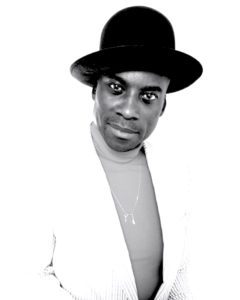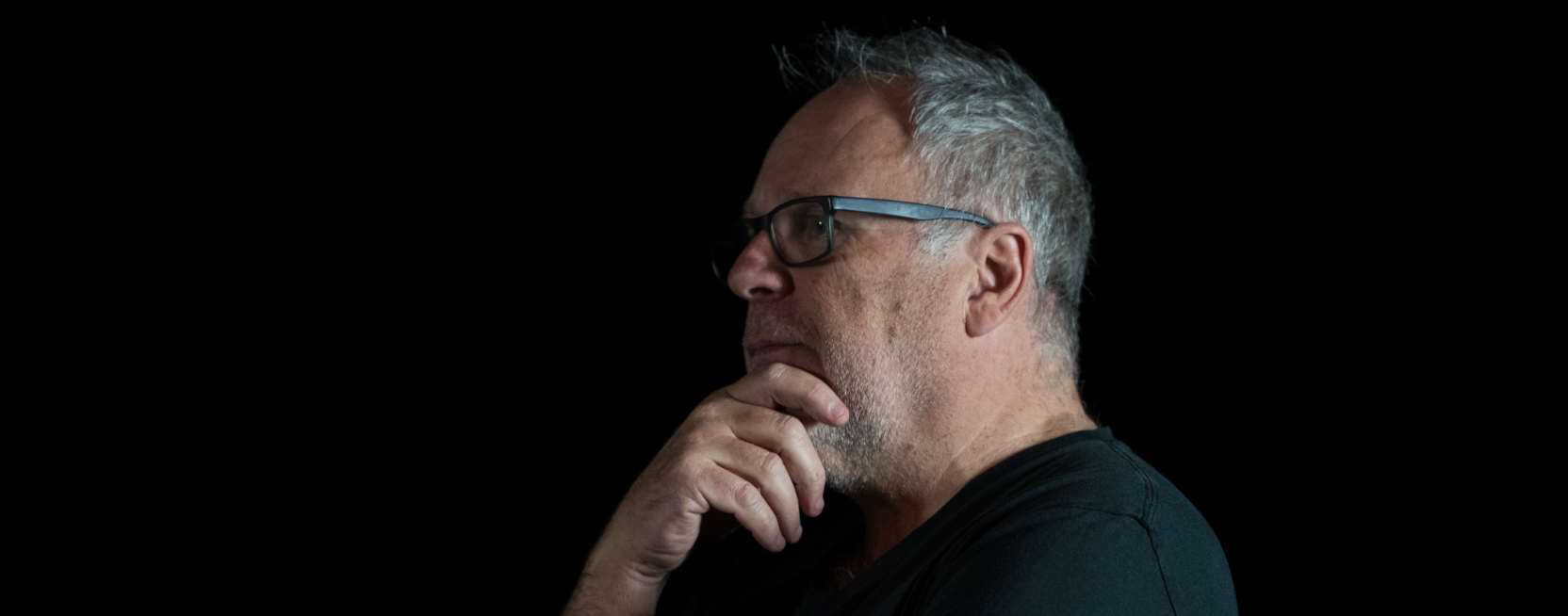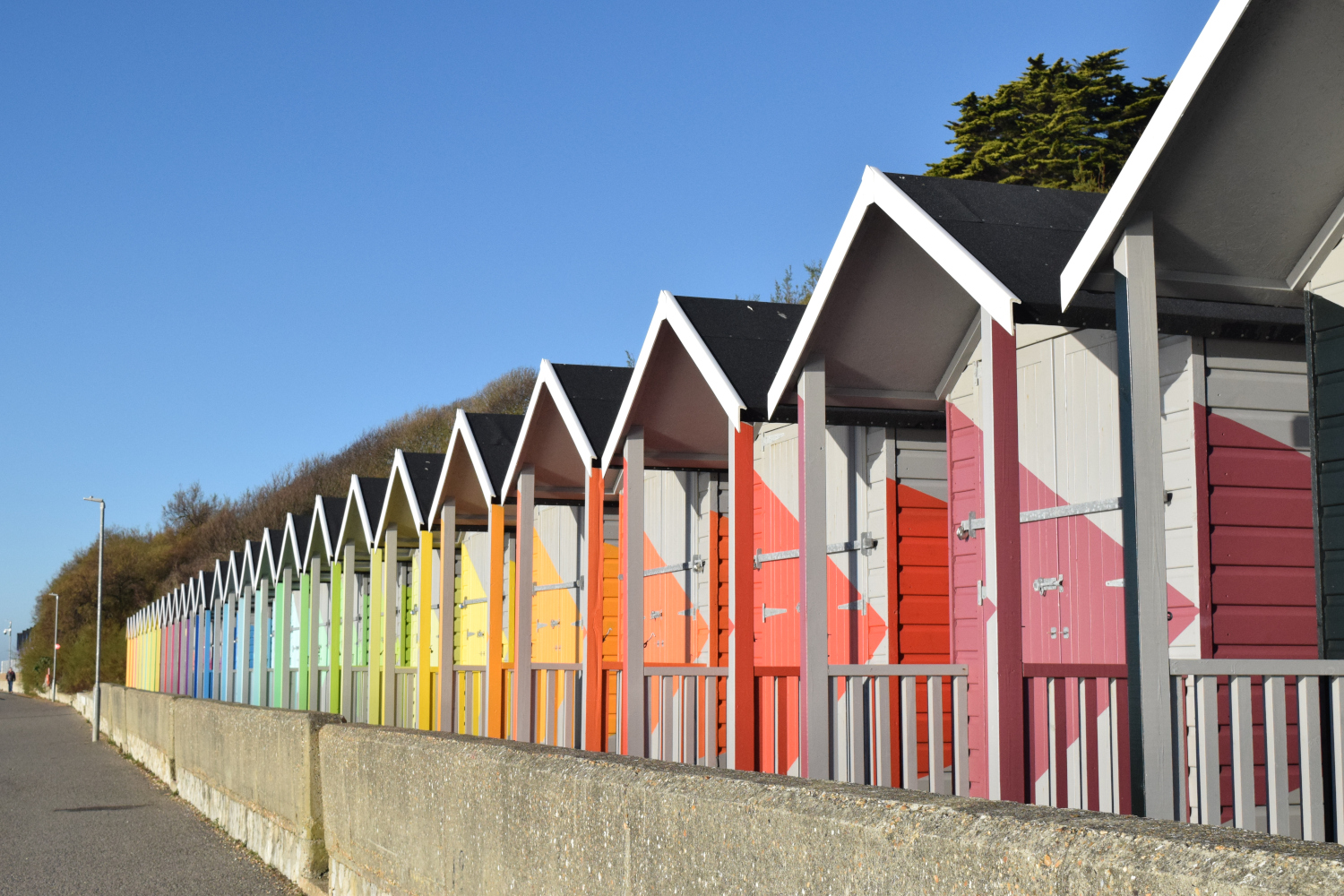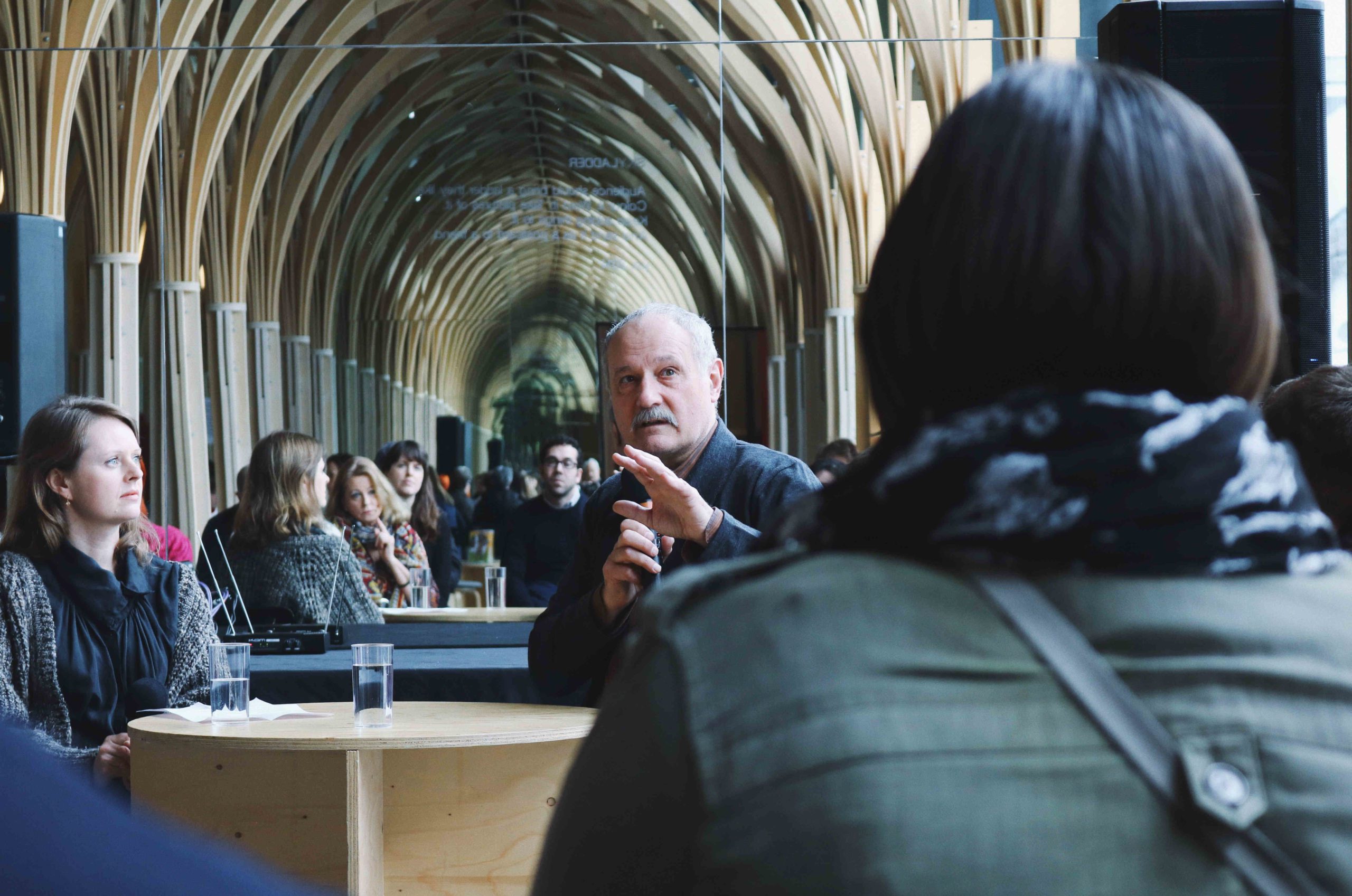Music
The many-faceted diamond – Randolph matthews
Randolph Matthews, simply put, is a musician, composer, performer. His musical career spans over 2 decades and his expertise saunters through jazz, blues and contemporary music. Randolph performs locally, nationally and internationally with his band and as a solo vocalist. The global pandemic has given Randolph time to create the Waka Waka Show, an online interactive music show for children. Folkelife wanted to know how he discovered music and how Covid-19 has helped his creativity.
“When I was 18, I’d moved out of home and was living with my brother. I was working as a telecoms engineer and viewed singing as a merry activity with friends. Now, my friends would say ‘aw man, you’ve got a great voice’ but, when messing about, I didn’t really take it too seriously. Living next door though was a really interesting group of people. There was this guy who was a guitarist, and he would have these get togethers with artists and creative people.”
Finding my voice
“I got really overwhelmed by the different conversations that these people were having, you know? But I didn’t see myself as artistic. I saw everybody else as artistic in terms of their their ethos and their ethics and the way that they, kind of, looked at the world. And it really was a lifestyle that I started to gel with the more time I spent there.
“Eventually I started to to participate in collaborations, using my voice. It came to a point where I thought, you know what, I think I’ve got something here. I’ve got something here that not only interests me, but that I feel passionate about. It’s a challenge, and I feel compelled to do something with my voice. These feelings pushed me forward to make some decisions about my life, and, well, it was a scary thought!”
Making the break
“I remember the pivotal moment, having trained as a telecoms engineer, and not really been excited by that job. I would carry a notebook with me and, whilst under the table, supposedly feeding cables through to my boss above, I’d have an idea and have to write it down. Jobs took longer, it’s fair to say! But I remember going down to the basement to collect some cable-ties from the guy there, and I said ‘Sam, so how long have you been here?’ He ummed, and erred, and then he said ‘… er… 20 years… ‘ And, as soon as he said 20, I thought I’m leaving!”
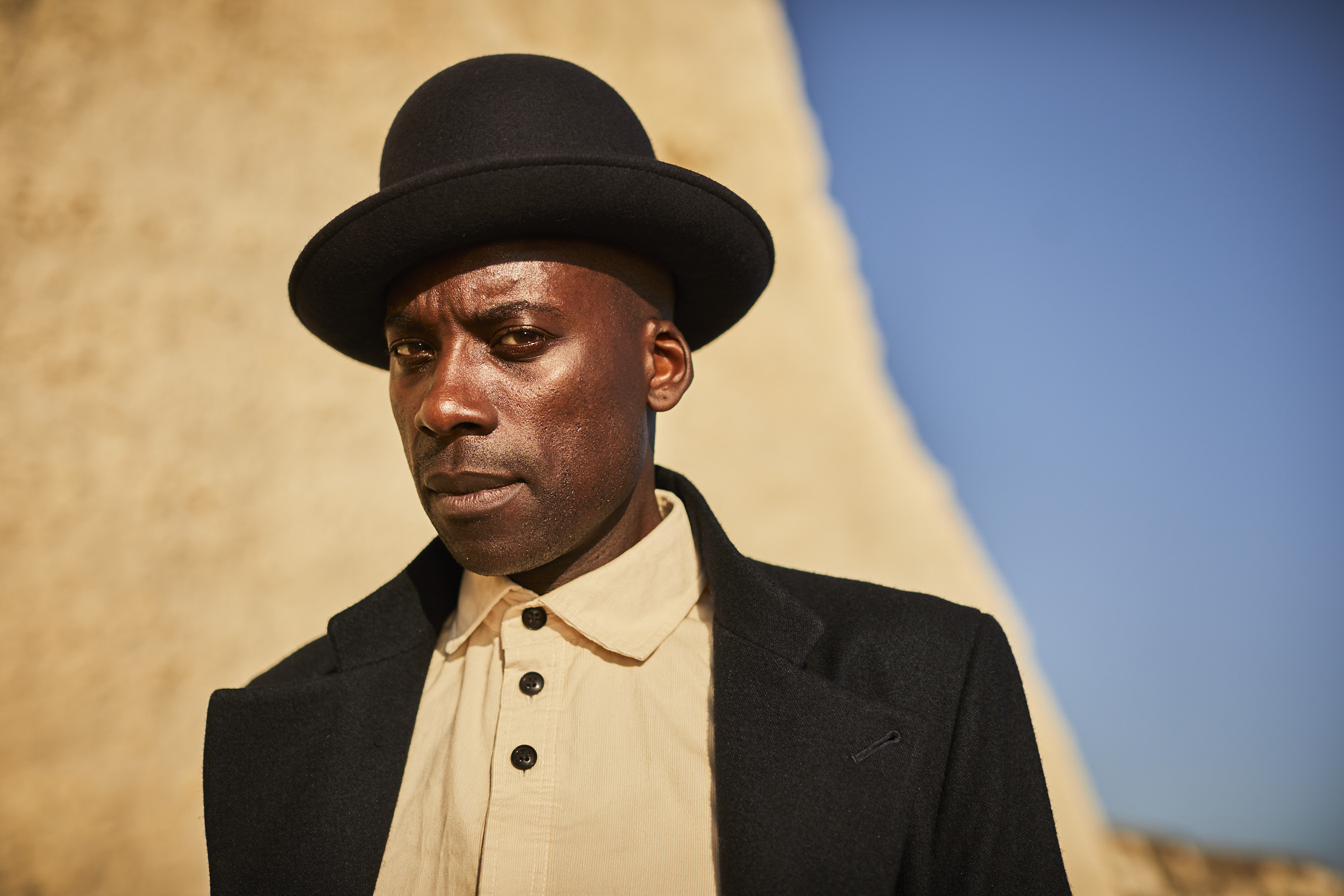
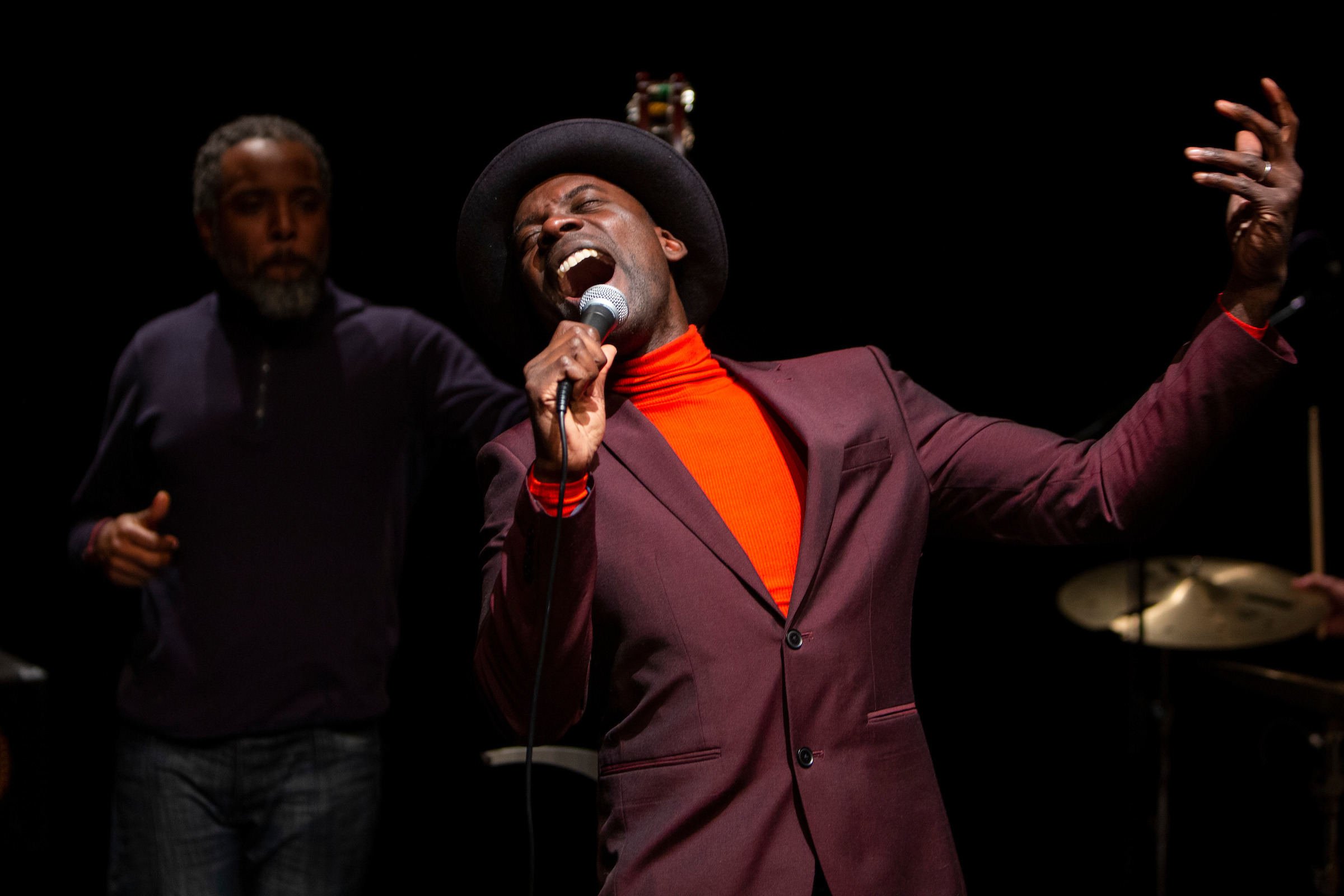
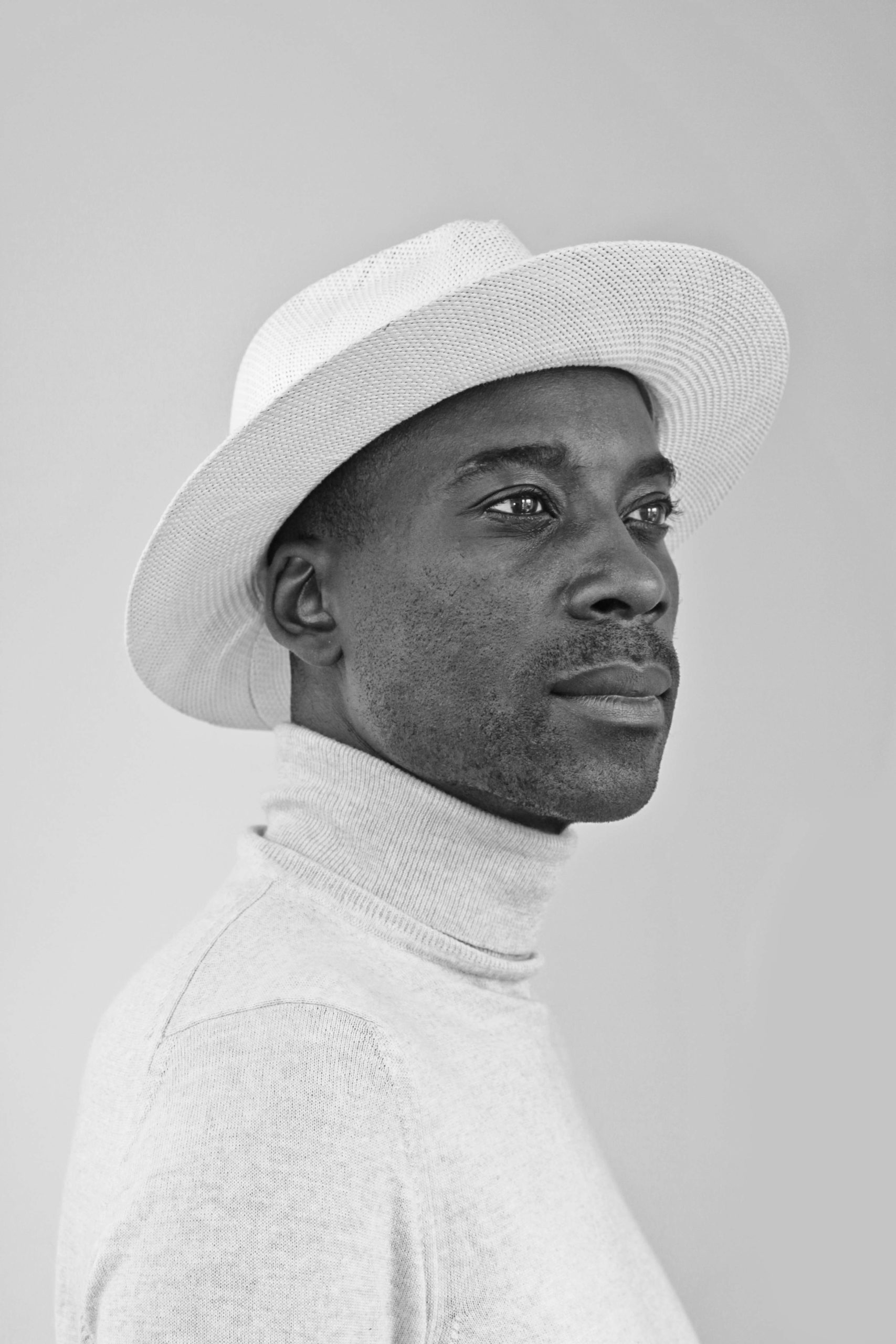
teaching and learning
“I think there’s a point where everyone needs to eat beans for a few months to really focus the mind. I’d left my job, and needed to work out where I fitted in, and what my talents were. I went to the Job Centre to get work to tide me over, and was just humiliated by the staff there. They asked me ‘what do you want to do?’ Honestly, I answered, ‘I want to be a musician.’ They laughed in my face. That’s not on. What about saying ‘Ok, well, here’s a list of jobs that would give you time to work on that, or the opportunity to meet people in that industry, or…’ There are many answers, proactive answers to that, but laughing in someone’s face because they have an aspiration? No, that’s not on.
“I got a job with a friend in a nightclub as a bottle boy. I’d work Thursday to Sunday evenings and the rest of the time I could write, and connect with others. I look back on that as a priceless moment. Being able to pay the rent, it kept me in beans and sometimes I was able to throw the odd chicken leg in too, to spice things up! Then a friend asked me to cover his vocal teaching while he went off on tour with Roachford. To be honest, I didn’t feel I was a teacher, I certainly felt I could learn as much from the students as they could learn from me.”
becoming part of the music industry
“The teaching work meant I was within the music industry, and meeting people I wanted to work with. I talked to the students about my experience and gave them insights into areas I’m passionate about. It’s important to feel good about your art, and I was able to do this with the students, to inspire them to discover elements about their voices, and their performance.
“My partner gave me a book called ‘The Healing Voice’ by Paul Newham. It was an enlightening moment. I opened it and read a few pages and thought, yes, THIS is what I’ve been thinking about. I went off to America and studied at Martha’s Vineyard for a year. After that, I returned home with an understanding of what’s called voice movement therapy work. As someone who loves the voice, and I express the voice in a multitude of different ways, in public spaces, in education and all sorts of cross-pollination of art forms as well, I was able to integrate that work into what I do.”
Discovering Folkestone
“I still have that book, it’s managing to hold itself together, but it was a game-changer for me. My business got bigger though, I’d had children and that makes you think about what you do. You need to provide, and your decisions don’t only impact on you. I’d been touring with the Young Voices in 2011 and 2012. Schools across the country learn a series of songs and then come together in the O2, Manchester, Birmingham, Sheffield, all over the country. There are around 7000 children singing each night, and I was with them, performing my thing. I pitched an idea to the audience, and they accepted it, so I traveled the country, visiting schools and working with young people and music.
“When I travel, I have a suitcase that comes with me and I put in important things. Over time, the contents of my suitcase has changed. And I guess, what I need from where I live has changed too. We were in London, and as the children were getting bigger, and changing schools, it became clear we needed to move from where we were. We needed somewhere with space, that had essential things like being close to Europe, being by the sea, being easy to get to other places in the UK. Folkestone ticked all of those boxes.”
folkestone’s community
“I’d visited Folkestone before we moved here. On the Young Voices Tour I’d been to Seabrook Primary, and others in the town too. But it was at Seabrook that I realised I loved the energy of the staff and pupils there. One teacher took me round and showed me what the town had to offer. There’s a sense of community here, and a belonging, and it just felt right. I brought the family down to see if they felt the same, and I can remember my partner standing in the Coastal Park and saying ‘Wow, this is.. it’s … it’s just perfect!’. All I could say was ‘I know!’ We’ve been here for 6 years and couldn’t be happier.
“Being in Folkestone has made me look at what I do from a different angle. Creativity is like a many-faceted diamond. If you stay in London you’re one of 50 people doing the same thing, and you always seem to look at what you’re doing from the same face of that diamond. It can also be very transient. You do a job, and then everyone moves on. Here, I’ve been able to turn that diamond around, and look through from a different face. Collaborating with a variety of people that live here is great for creativity, and longevity too.”
offering multiculturalism
“It’s true that Folkestone isn’t as multicultural as London, and not as fast-paced. But when I looked around and saw the community, and started to offer myself and my services as an artist to this community, I found a multitude of different ways to share and offer where I felt it was most needed. In London there are many people doing what you do, but here I had the opportunity to start from the beginning and see the impact I could make to an area.
“At the end of the day, I just love people. Everyone has a story, and I love hearing people’s stories through that we can become part of a society of equal values.”
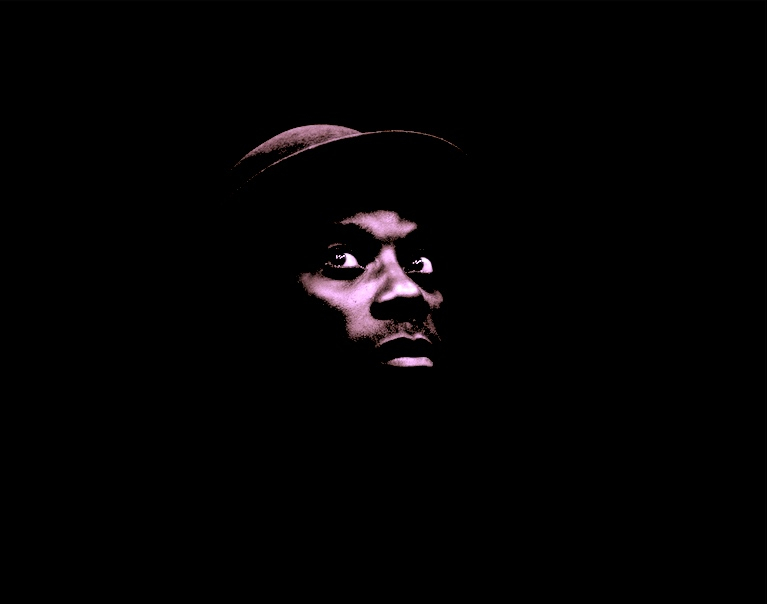
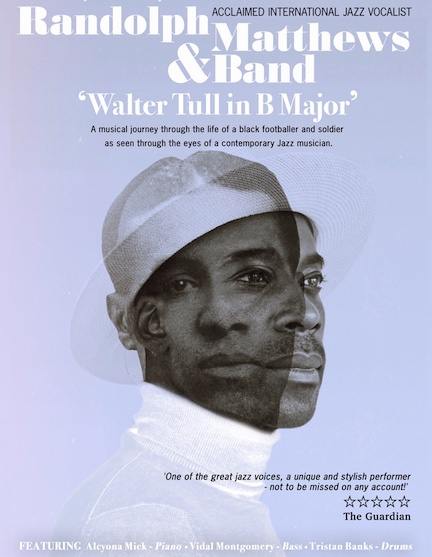
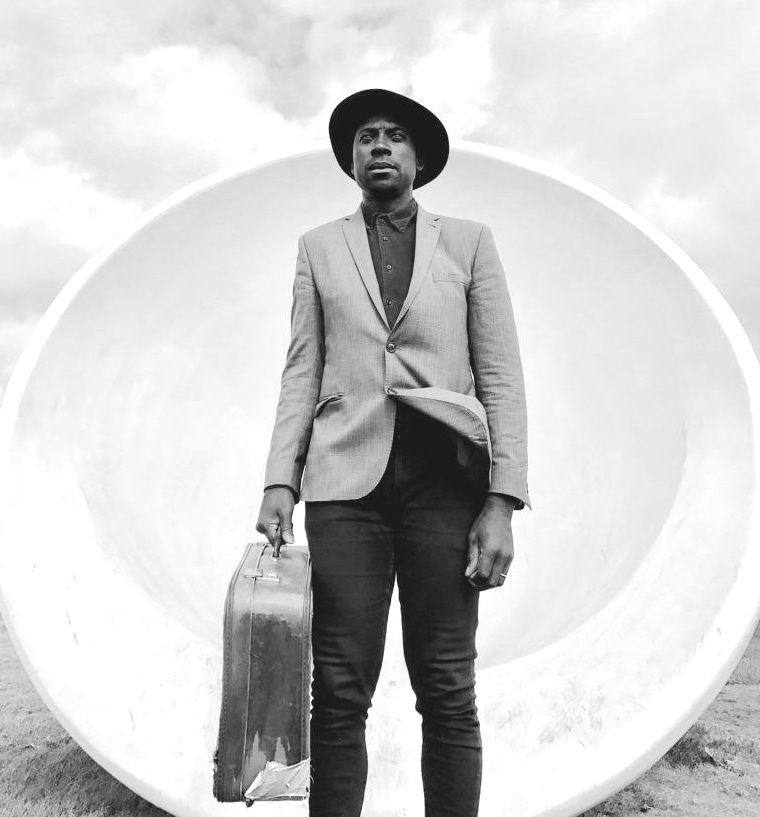
adapting through covid-19
“The coronavirus situation has meant finding extreme angles of flow and time, and embodying even more of the artist and more of the creator than I might ever have had before. I really feel like a creator in a different way now because, actually, everything’s calmed down around me. I created a show called the Waka Waka Show. I looked around me during lockdown and saw children stuck inside, with parents trying to work and support online learning at the same time. So I thought I could offer something that promotes empathy through interactive online play.
“Children need to be seen and heard and appreciated. With the Waka Waka Show, they’re interacting with with more than just words. Although, I did have hesitations about being a children’s presenter! This is more than that though, we’re building a toolkit, a skill set. This project has now grown into something fantastic. I’m working with producers in American to take it onto YouTube and it will grow.”
the future is bright
“Let’s use our imagination to keep the dream and vision alive. If you can imagine it, then it’s possible. We’ll survive Covid-19 because we have artistic aspiration. Things might not be the same as before, but I’m very, very excited about the prospects of the future. I’ve seen some great things being done and people having fun in different ways. And there is always going to be an audience looking for something inspirational. So let’s imagine it… “
